Climate Change Marine Ecosystems Choking
Ecosystems play a vital role in maintaining the balance of our planet. However, they are greatly impacted by climate change, which poses serious threats to their stability. In this article, we will explore the various ways in which climate change affects ecosystems and discuss the importance of preserving these ecosystems to ensure the resilience of our planet.
Climate Change Impacts to Ecosystems

Climate change has profound effects on ecosystems globally. It disrupts the delicate balance of ecological systems, causing shifts in temperature, precipitation patterns, and natural habitats. These changes can result in the loss of biodiversity, the introduction of invasive species, and overall ecological instability.
As temperatures rise, many species struggle to adapt to the new climate conditions. Some may be forced to migrate to areas with more suitable temperatures, leading to shifts in their distribution. This can disrupt entire ecosystems, as dependent species may be left without their usual food sources or predators.
Additionally, changes in precipitation patterns can have significant impacts on ecosystems. Shifts in rainfall can affect the availability of water resources for plants and animals, leading to droughts or flooding in certain areas. This can result in changes to vegetation patterns and the loss of habitats for many species.
It is crucial to understand that ecosystems are not isolated entities; they are interconnected webs of life. A disturbance in one ecosystem can have far-reaching consequences for others. Therefore, preserving our ecosystems is essential for the overall health and resilience of our planet.
Anthropogenic Climate Change Impacts on Ecosystems

Human activities have significantly contributed to climate change, exacerbating its impacts on ecosystems worldwide. The burning of fossil fuels, deforestation, and the release of greenhouse gases into the atmosphere have led to the increased warming of our planet.
As a result, ecosystems face numerous challenges in adapting to these rapid changes. Some of the most vulnerable ecosystems include coral reefs, forests, and polar regions. For instance, rising sea temperatures due to climate change result in coral bleaching, disrupting delicate marine ecosystems and threatening the survival of numerous species.
Deforestation, another consequence of human activity, has a direct impact on ecosystems. Forests are crucial for absorbing carbon dioxide and regulating the climate. When forests are cleared, this important carbon sink is lost, exacerbating climate change further.
The impacts of climate change on ecosystems are not solely limited to biodiversity loss. They can also affect the provision of ecosystem services that are essential for human well-being. These services include water purification, air filtration, soil fertility, and the regulation of natural disasters. Climate change can disrupt these processes, leading to increased risks for human populations.
Marine ecosystems show resilience to climate disturbance

Marine ecosystems, which cover more than 70% of the Earth's surface, are also significantly impacted by climate change. However, research has shown that they possess a remarkable ability to adapt and recover from disturbances caused by climate change.
While marine ecosystems face challenges such as ocean acidification, rising sea temperatures, and sea-level rise, they have proven to be surprisingly resilient. Some species are able to migrate to more favorable habitats, while others can acclimate to changing conditions.
However, this resilience has limits. If climate change continues at its current pace, marine ecosystems will face unprecedented challenges. The increased frequency and intensity of natural disasters, such as hurricanes and cyclones, can disrupt habitats and cause significant damage to marine life.
To ensure the long-term resilience of marine ecosystems, it is crucial to reduce greenhouse gas emissions and take measures to mitigate the impacts of climate change. Protecting these valuable ecosystems will not only benefit marine biodiversity but also support the livelihoods of millions of people who depend on healthy oceans.
Ocean Ecosystems and Climate Change

The world's oceans play a significant role in regulating the Earth's climate. However, they are also greatly impacted by climate change. Rising sea temperatures and increased carbon dioxide levels in the atmosphere are leading to numerous challenges for ocean ecosystems.
One of the most well-known consequences of climate change on ocean ecosystems is the bleaching of coral reefs. Corals have a symbiotic relationship with tiny algae called zooxanthellae, which provide them with nutrients and vibrant colors. However, when ocean temperatures rise, corals expel the zooxanthellae, causing them to turn white, or "bleach." This can lead to the death of coral reefs, impacting the entire ecosystem that relies on them for food and habitat.
In addition to coral bleaching, climate change also affects ocean acidity levels. Increased carbon dioxide in the atmosphere is absorbed by the oceans, resulting in ocean acidification. This can have detrimental effects on shell-forming species such as oysters, clams, and corals, as their ability to create calcium carbonate structures is impaired.
Ocean warming also affects marine organisms and their behavior. Some fish species are migrating to cooler waters, disrupting ecosystems and impacting local fisheries. Furthermore, changes in temperature can affect the reproductive cycles and feeding patterns of marine life, leading to imbalances in ecosystems.
Increase in Heavy Rain Events Hurts Ecosystems

Climate change is also causing an increase in heavy rain events around the world. While some regions may experience droughts, others are encountering more intense rainfall, leading to numerous negative impacts on ecosystems.
Heavy rainfall can cause flooding, which can destroy habitats and displace numerous species. It can also result in soil erosion, which reduces fertility and impacts agricultural productivity. Additionally, heavy rains can wash away pollutants and nutrients into rivers, lakes, and oceans, leading to water pollution and disturbances in aquatic ecosystems.
The increase in heavy rain events also poses risks to human populations. Floods can destroy infrastructure, disrupt livelihoods, and threaten lives. These extreme weather events highlight the interconnectedness of human and natural systems, emphasizing the need for climate change mitigation and adaptation measures.
Climate Change and Modifications to Marine Life Behavior

A study conducted on the impact of climate change on marine life has found significant modifications in the behavior of various species. Rising sea temperatures and changes in ocean chemistry influence the physiology, feeding patterns, and migration behaviors of marine organisms.
For instance, some species are shifting their migration patterns in response to changing ocean temperatures. As waters warm in certain regions, fish and other marine animals may move toward higher latitudes or deeper waters in search of their preferred temperature ranges. This can disrupt the balance of ecosystems and impact the dynamics of predator-prey relationships.
Moreover, changes in ocean chemistry can affect the behavior of shell-forming organisms. As the acidity of oceans increases due to higher carbon dioxide concentrations, the ability of shellfish and other species to build or maintain their shells becomes compromised. This has cascading effects throughout the food chain, impacting both marine ecosystems and the industries that rely on them.
Preserving Coastal and Marine Ecosystems for Resilience

Coastal and marine ecosystems play a crucial role in supporting the resilience of our planet in the face of climate change. These ecosystems provide numerous benefits, including shoreline protection, carbon sequestration, and habitat for diverse marine species.
However, these valuable ecosystems are under threat from climate change and human activities. Sea-level rise, coastal erosion, and increased storm intensity pose risks to coastal ecosystems and the communities that depend on them. Pollution from human activities, such as oil spills and plastic waste, further degrades these fragile ecosystems.
Protecting and restoring these coastal and marine ecosystems is essential for building resilience in the face of climate change. Efforts to reduce greenhouse gas emissions must be coupled with initiatives to restore mangroves, seagrass beds, and coral reefs. These initiatives not only provide vital habitat for marine species but also contribute to climate change mitigation and the sustainable livelihoods of communities.
The Importance of Marine Food Webs

Marine food webs are intricate networks of interactions between different levels of marine organisms. These food webs support thriving ecosystems and are essential for maintaining the balance of marine life.
Climate change affects marine food webs in various ways. Rising sea temperatures can lead to changes in the distribution and abundance of marine species, altering the dynamics of predator-prey relationships. For example, if a particular species declines due to climate change impacts, its predators may face food shortages, impacting their populations as well.
Changes in ocean chemistry can also lead to shifts in the availability of food sources for marine organisms. Some species may struggle to adapt to these changes, thereby disrupting the stability of the food web. For instance, when the availability of algae declines due to changes in nutrient levels, it can impact the entire food chain, from herbivores to predators.
It is crucial to protect marine food webs and the delicate balance they maintain. They support the fisheries industry, provide food security to communities, and contribute to the overall health of marine ecosystems. Efforts to reduce greenhouse gas emissions, protect critical habitats, and implement sustainable fisheries management practices are necessary to ensure the resilience of marine food webs.
Conclusion
Climate change poses significant threats to ecosystems globally. The impacts range from biodiversity loss to disruptions in ecosystem services essential for human well-being. The examples discussed in this article highlight the various ways in which climate change affects ecosystems and the urgent need to take action.
Preserving and restoring ecosystems is vital for the resilience of our planet. Efforts to reduce greenhouse gas emissions and mitigate climate change must go hand in hand with initiatives to protect biodiversity, restore critical habitats, and implement sustainable management practices. By taking these actions, we can help ensure a sustainable future for both nature and humanity.
If you are looking for How Climate Change Affects the Biodiversity of Marine Ecosystems you've came to the right web. We have 30 Pictures about How Climate Change Affects the Biodiversity of Marine Ecosystems like Climate change and the ocean, Increase in heavy rain events hurts ecosystems, business, recreation and also Shoreline environments show more promise than other marine ecosystems. Here you go:
How Climate Change Affects The Biodiversity Of Marine Ecosystems
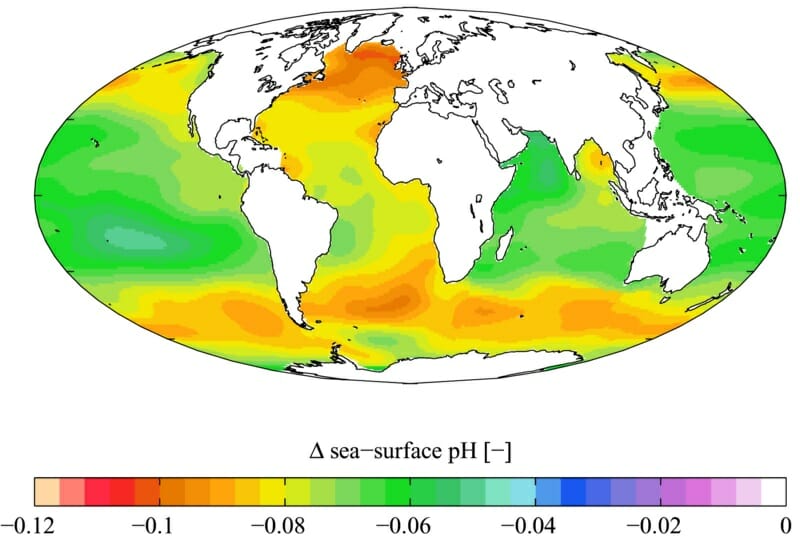 biologydictionary.net
biologydictionary.net change climate marine ecosystems ph surface sea affects biodiversity affect effects fish
Ocean ecosystem may suddenly collapse if climate change is not reversed. Climate change impacts to ecosystems
How Does Climate Change Affect Biodiversity In Marine Ecosystems?
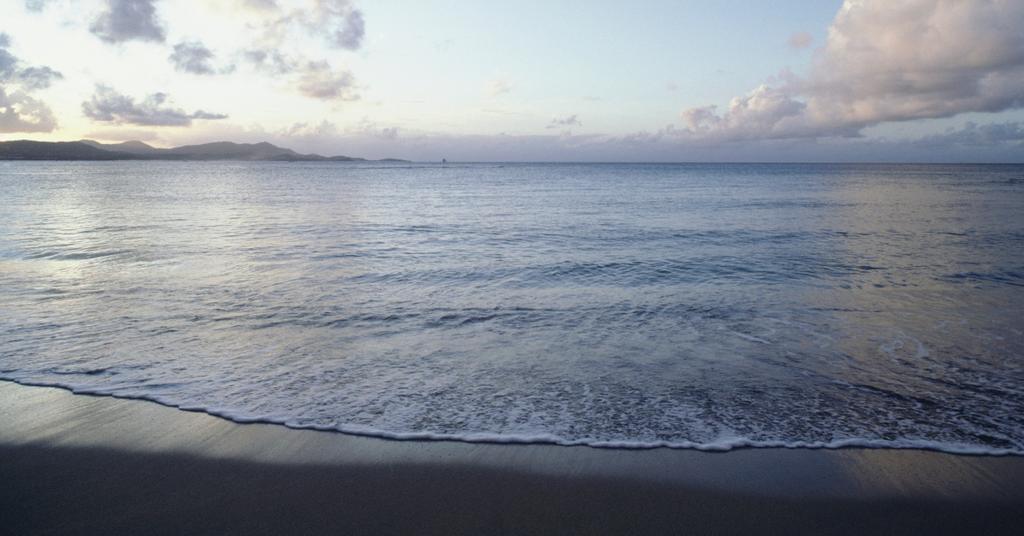 www.greenmatters.com
www.greenmatters.com Biodiversity decline. Mpas governance wwf protected revolve mpa
Coastal And Marine Ecosystems Critical For A Resilient Pacific Region
pacific ecosystems climate coastal critical resilient region marine change face
Ecosystems anthropogenic impacts ecomena. Ecosystem permaculture ecosystems kelp oceans forests disappear begin fraud acidification
How Climate Change Is Choking Marine Ecosystems - Giving Compass
 givingcompass.org
givingcompass.org climate change ecosystems choking marine
Climate change: marine ecosystems. Climate marine ecosystems form csiro guide scienceimage cover
Marine Reserves Help Mitigate Against Climate Change – Sea Around Us
reserves acidification mitigate
Transhu: food chain tiger mosquito food web. Ecosystem webs trophic askabiologist asu arctic transhu biologist
QSR 2010 - Climate Change - What Are The Problems?
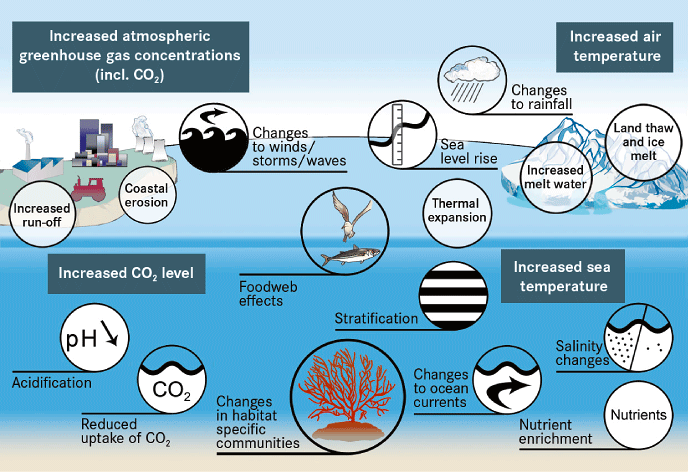 qsr2010.ospar.org
qsr2010.ospar.org change sea climate warming effects ecosystems marine global ospar ocean levels impacts oceans acidification figure carbon range food rising fisheries
New project links climate change, marine biodiversity and ecosystem. New project links climate change, marine biodiversity and ecosystem
PPT - Marine Ecosystems And Climate Change PowerPoint Presentation
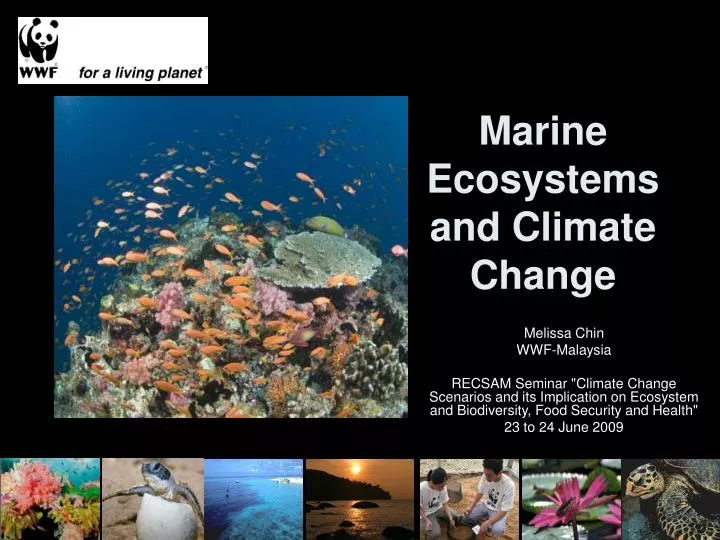 www.slideserve.com
www.slideserve.com marine climate change ecosystems powerpoint ppt presentation
Change climate ecosystems marine. Shoreline environments show more promise than other marine ecosystems
Climate Change Impacts To Ecosystems | U.S. Climate Resilience Toolkit
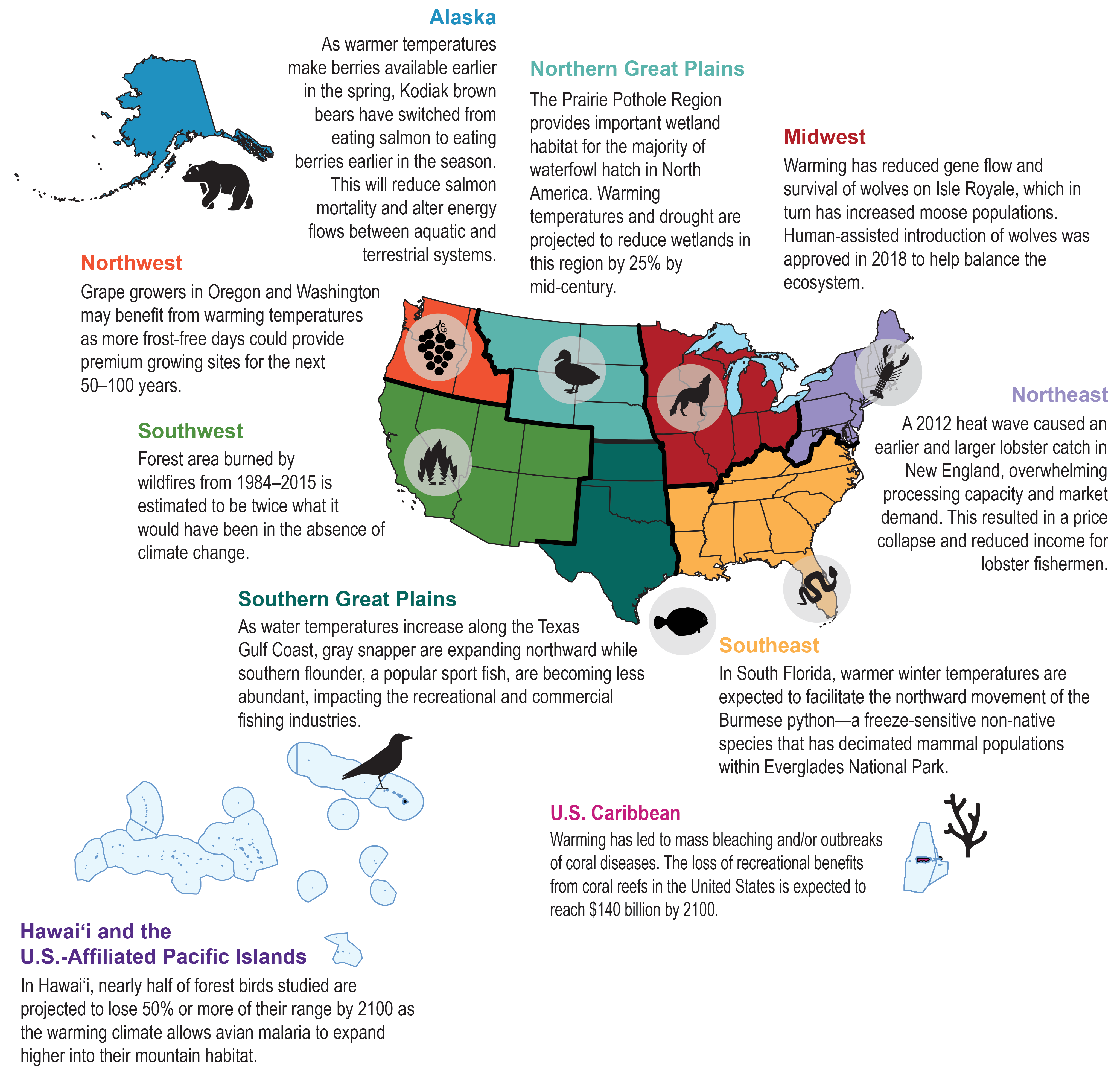 toolkit.climate.gov
toolkit.climate.gov ecosystems ecosystem biodiversity impacts toolkit resilience
Climate change: marine ecosystems. (pdf) climate change impacts on marine resources
Marine Ecosystems Are Preparing For Climate Change - Scientific American
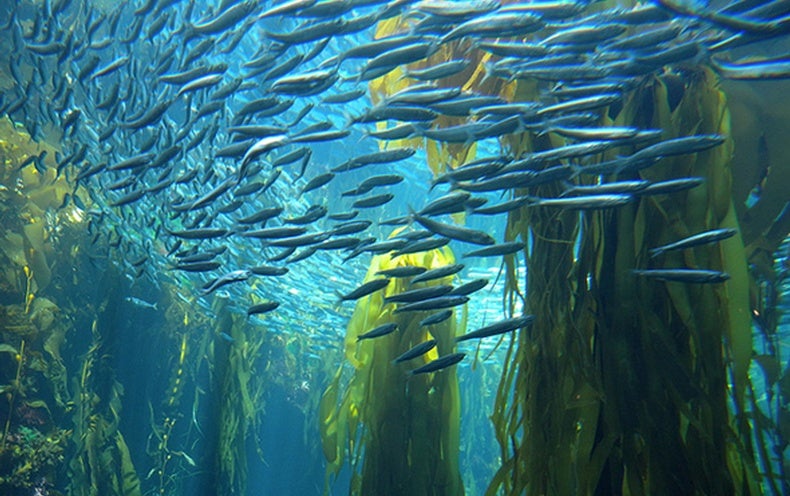 www.scientificamerican.com
www.scientificamerican.com ecosystem permaculture ecosystems kelp oceans forests disappear begin fraud acidification
Climate change impacts to ecosystems. Ecosystem permaculture ecosystems kelp oceans forests disappear begin fraud acidification
Ocean Protection: Vital To Conservation And Climate Action | REVOLVE
 revolve.media
revolve.media mpas governance wwf protected revolve mpa
Oceanic defense: marine ecosystems get a climate form guide. Ecosystems ecosystem biodiversity impacts toolkit resilience
Oceanic Defense: Marine Ecosystems Get A Climate Form Guide
 oceanicdefense.blogspot.com
oceanicdefense.blogspot.com climate marine ecosystems form csiro guide scienceimage cover
Marine ecosystems figure impacts change climate. Ecosystem permaculture ecosystems kelp oceans forests disappear begin fraud acidification
Frontline Observations On Climate Change And Sustainability Of Large
 issuu.com
issuu.com climate marine ecosystems observations frontline
New project links climate change, marine biodiversity and ecosystem. Ecosystem suddenly reversed rhodos schnorcheln environment insures faszinierende unterwasserwelten aroundworld somagnews
Marine Ecosystems Show Resilience To Climate Disturbance (ScienceDaily
 www.pinterest.com
www.pinterest.com Shoreline environments show more promise than other marine ecosystems. Bringing oceans into the climate fight
Climate Change And The Ocean
 phys.org
phys.org climate change ocean acidification co2 negative consequences infographic emissions than term long 2000
Climate change ecosystems choking marine. Bringing oceans into the climate fight
Study Finds Climate Change Is Causing Modifications To Marine Life Behavior
 phys.org
phys.org causing modifications finds oceans breeding credit
Marine reserves help mitigate against climate change – sea around us. Change climate marine ecosystems ph surface sea affects biodiversity affect effects fish
Bringing Oceans Into The Climate Fight | Coastal Ecosystems, Marine
 www.pinterest.com.au
www.pinterest.com.au Study finds climate change is causing modifications to marine life behavior. Biodiversity decline
Data Visualization | Conservancy Of Southwest Florida
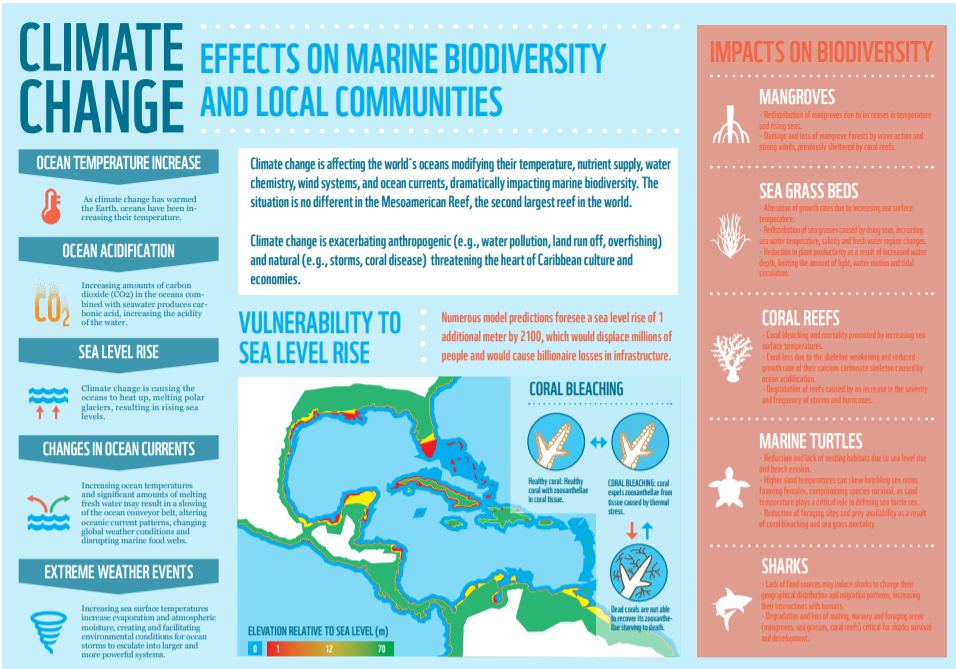 conservancy.org
conservancy.org biodiversity visualization conservancy oceans bifrostonline wwf
(pdf) climate change impacts on marine resources. Mpas governance wwf protected revolve mpa
Ocean Ecosystem May Suddenly Collapse If Climate Change Is Not Reversed
 www.somagnews.com
www.somagnews.com ecosystem suddenly reversed rhodos schnorcheln environment insures faszinierende unterwasserwelten aroundworld somagnews
Biodiversity visualization conservancy oceans bifrostonline wwf. Change sea climate warming effects ecosystems marine global ospar ocean levels impacts oceans acidification figure carbon range food rising fisheries
Pin On Climate Change
 www.pinterest.com
www.pinterest.com climate change report key points ocean five theguardian lose ipcc reef coral environment guardian biosystem sensitive shows marine paper
Figure 3 from climate change impacts on marine ecosystems.. Climate marine ecosystems form csiro guide scienceimage cover
Anthropogenic Climate Change Impacts On Ecosystems | EcoMENA
 www.ecomena.org
www.ecomena.org ecosystems anthropogenic impacts ecomena
Change climate marine ecosystems ph surface sea affects biodiversity affect effects fish. Bringing oceans into the climate fight
Shoreline Environments Show More Promise Than Other Marine Ecosystems
 www.pinterest.com
www.pinterest.com shoreline ecosystem marine
Shoreline ecosystem marine. Reserves acidification mitigate
New Project Links Climate Change, Marine Biodiversity And Ecosystem
pml biodiversity ecosystem
Climate change and the ocean. Pin on climate change
Vi. Ocean Ecosystems - Climate Change Portfolio - Chunhui
ecosystems ecosystem cenozoic
Ecosystem suddenly reversed rhodos schnorcheln environment insures faszinierende unterwasserwelten aroundworld somagnews. Climate change report key points ocean five theguardian lose ipcc reef coral environment guardian biosystem sensitive shows marine paper
Increase In Heavy Rain Events Hurts Ecosystems, Business, Recreation
 www.indianaenvironmentalreporter.org
www.indianaenvironmentalreporter.org aquatic ecosystems climate change indiana affect rain events ecosystem water purdue recreation hurts increase heavy business effects affects impacts assessment
Transhu: food chain tiger mosquito food web. Marine climate change ecosystems powerpoint ppt presentation
(PDF) Climate Change Impacts On Marine Resources - From Individual To
 www.researchgate.net
www.researchgate.net climate change impacts responses ecosystem individual marine resources carozza mediterranean scientific region update under ed publication
Ecosystem webs trophic askabiologist asu arctic transhu biologist. Ecosystems ecosystem biodiversity impacts toolkit resilience
Transhu: Food Chain Tiger Mosquito Food Web
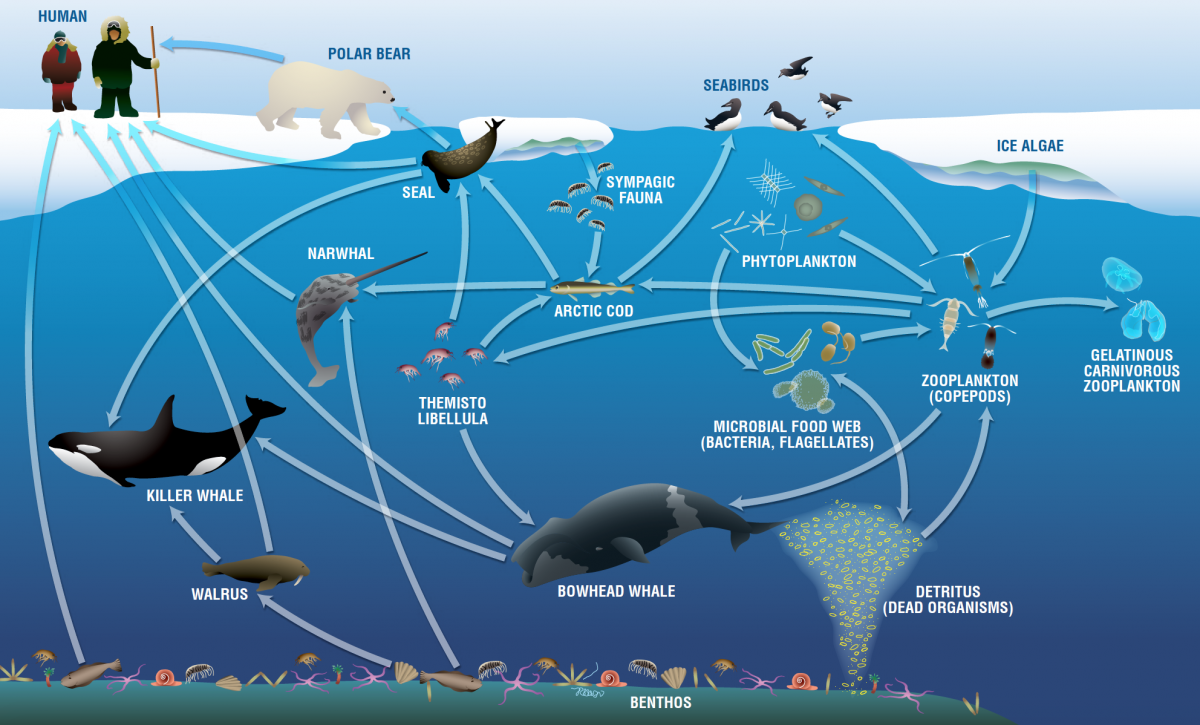 transhumanistdreams.blogspot.com
transhumanistdreams.blogspot.com ecosystem webs trophic askabiologist asu arctic transhu biologist
Climate marine ecosystems form csiro guide scienceimage cover. Data visualization
The Decline Of Marine Biodiversity – Ocean & Climate Platform
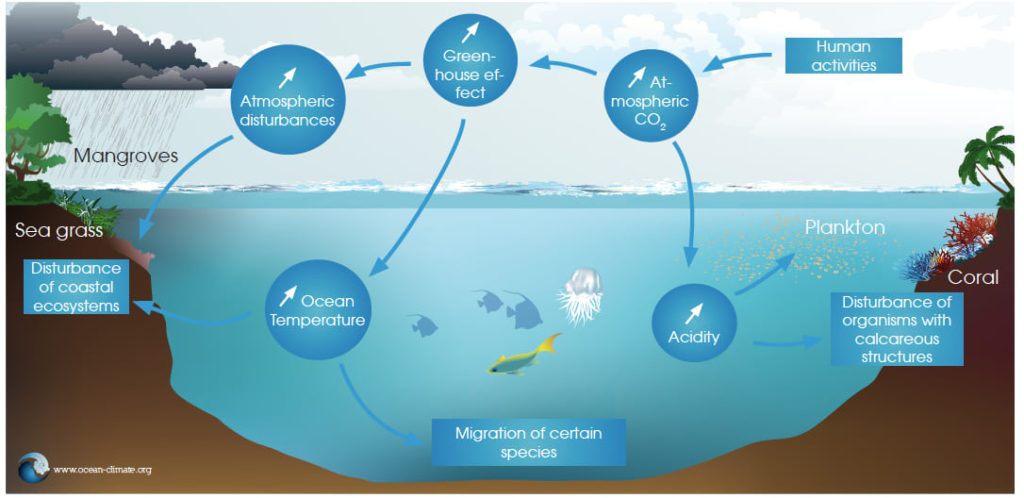 ocean-climate.org
ocean-climate.org biodiversity decline
Climate change and the ocean. (pdf) climate change impacts on marine resources
Figure 3 From Climate Change Impacts On Marine Ecosystems. | Semantic
 www.semanticscholar.org
www.semanticscholar.org marine ecosystems figure impacts change climate
Marine reserves help mitigate against climate change – sea around us. Ecosystems anthropogenic impacts ecomena
Climate Change: Marine Ecosystems - YouTube
 www.youtube.com
www.youtube.com change climate ecosystems marine
Bringing oceans into the climate fight. Aquatic ecosystems climate change indiana affect rain events ecosystem water purdue recreation hurts increase heavy business effects affects impacts assessment
New Project Links Climate Change, Marine Biodiversity And Ecosystem
 pml.ac.uk
pml.ac.uk climate
Oceanic defense: marine ecosystems get a climate form guide. Change climate marine ecosystems ph surface sea affects biodiversity affect effects fish
Climate change: marine ecosystems. How climate change affects the biodiversity of marine ecosystems. Reserves acidification mitigate
Post a Comment for "Climate Change Marine Ecosystems Choking"